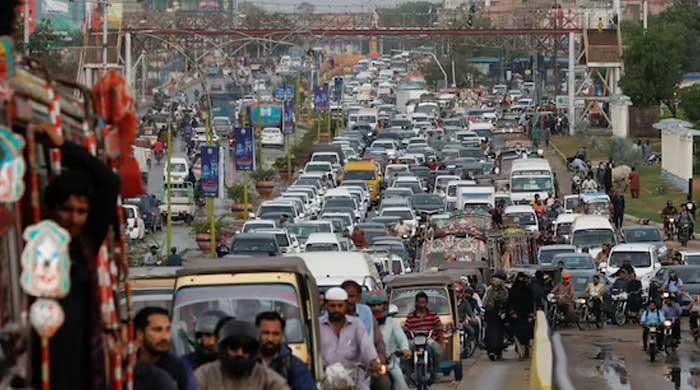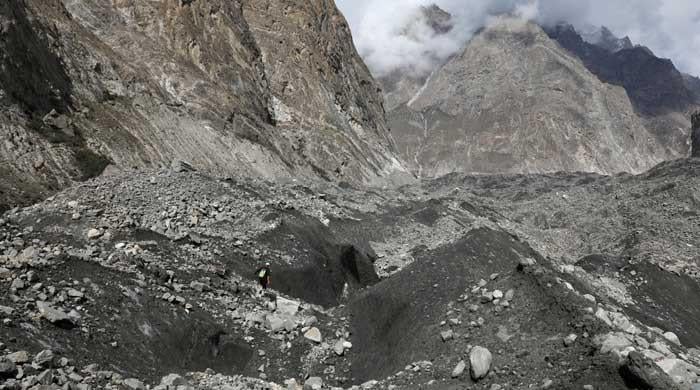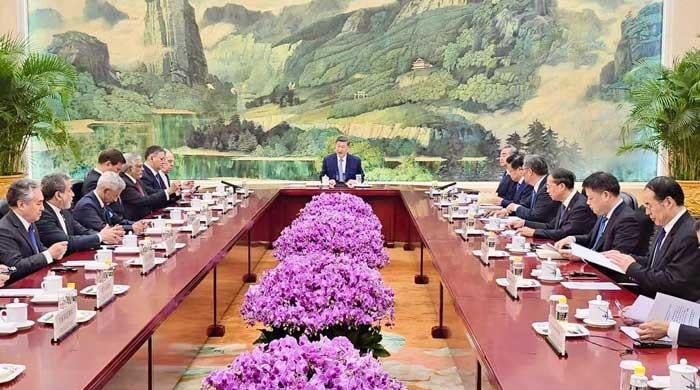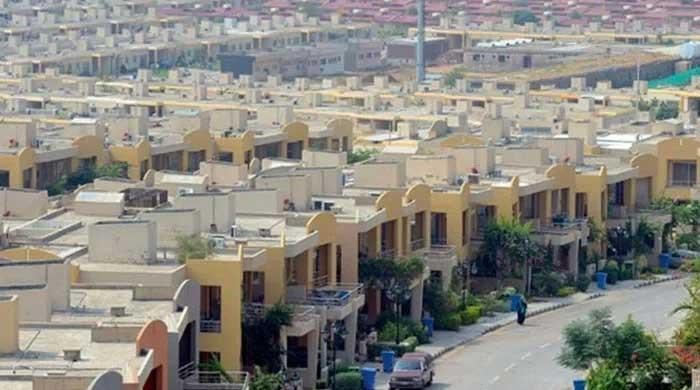Blog: Is Pakistan prepared for the post coronavirus world order?
“The only certainty in these uncertain times is that the old way of life will never return. Is Pakistan prepared for a new economic order?”
May 05, 2020
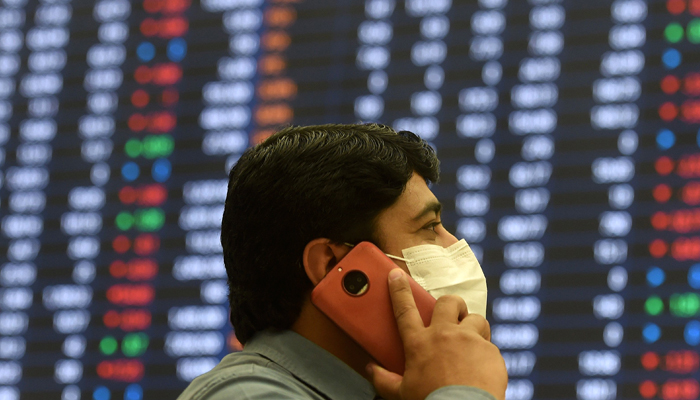
The July Crisis of 1914 marked the end of the old world and beginning of a new one.
The years that followed witnessed the collapse of gold standards, and with it a new financial system was born. Several nations rose in prominence while others lagged behind.
Post-war developments didn’t lead to restoration of the pre-war international or economic order. And attempts to fall back to gold standards fired back miserably. The post-war evolution of global affairs was marked by rising debts, waves of protectionism, formations of new custom unions and deflationary measures, which in turn orchestrated a worldwide depression.
The history tells us that post a global disaster, any attempts to revert to old ways are futile and nations that are quick to adapt to changing realities are best able to survive and progress.
Today, as all sectors of worldwide economy have come to a halt under the coronavirus lockdown and human connections have disintegrated in the blink of an eye, new realities are emerging.
Historian and professor Yuval Noah Harari’s recommendations in the “21 Lessons for the 21st Century,” do not appear as a distant maybe future. The changes in job market with AI and the job market of 2050, characterized by Human AI cooperation, seem like a future we all will face once the world restarts.
Even when the economy does finally become functional, there are risks of second and third cycles of the coronavirus outbreak. This leaves the timelines for assumption of pre-outbreak life ambiguous, and a permanent change in human interactions, and patterns of work, a definite reality.
Going forward the survival will hinge upon radical reforms. The only certainty in these uncertain times is that the old way of life will never return.
The worldwide economy will face deep set shocks. While, the results on our own economy might be savage.
In Pakistan, sectors such as heavy engineering or continuous process industries, which are fully automated or semi-automated, employ lesser amounts of the workforce. Which is why the shocks these industries will transmit to the job market will be soft in comparison to the concentrated shockwaves that sectors such as retail, real-estate, construction, entertainment, hotel industry, education, agriculture, logistics, apparel, tourism and surgical, which are largely small and medium enterprises, shall transit to the economy. Since the latter is where the majority of the workforce is employed in Pakistan.
The catastrophe that looms over the country’s economy presents an opportune moment for those in power to tune into the emerging realities.
Our education system presents a sorry state of affairs. Layers upon layers of “educated graduates” are added to the job market each year with no sense of the practical world. Concepts like vocational trainings in Pakistan are still nascent and in rudimentary forms.
Deliberate policy choices of the stakeholders in our education system has yielded a crippled educational model that is in dire need of reforms. The onset of the lockdown witnessed an increase in the trend of distance learning and online classes.
If the modes of instructions could shift in days why not open doors to a more digitally literate society, supported by a curriculum that pushes e-learning at the grass root level?
Today, majority of Pakistanis own hardwares in the shape of cheap and readily available smartphones. But what remains missing is a curriculum that puts more emphasis on future-centric content such as robotics, computer programming, data sciences and artificial intelligence.
Free Softwares, like MIT scratch, a programming language and online community that allows students to create their own interactive stories, games and animations can greatly enhance the value of existing schools, and promote a culture of digital learning.
To battle the times that are coming, and to equip and train the manpower of Pakistan, efforts must be made towards implementing a new curriculum, textbook development and a uniform educational policy that is geared towards imparting job market oriented skills.
Irrespective of the public or private nature of education, lets encourage our children to think critically. Instead of mass producing professionals, let’s create abled individuals who can operate in the future that is to follow.
Our neighbors are fast galloping towards an Information and communications technology (ICT) society where public and private stakeholders are working hand in hand to bridge the digital divide by training the existing education providers and offering internships to students in a bid to guarantee a sustainable e-learning environment.
The rich talent of Pakistan can be yielded similarly.
The longer we sustain the outdated model of education, the deeper will be the scarring to the knowledge and skill economy of Pakistan. And the road to recovery, will be only bumpy.
Nayyar works with the punjab board of investment and trade. She can be reached at [email protected]





